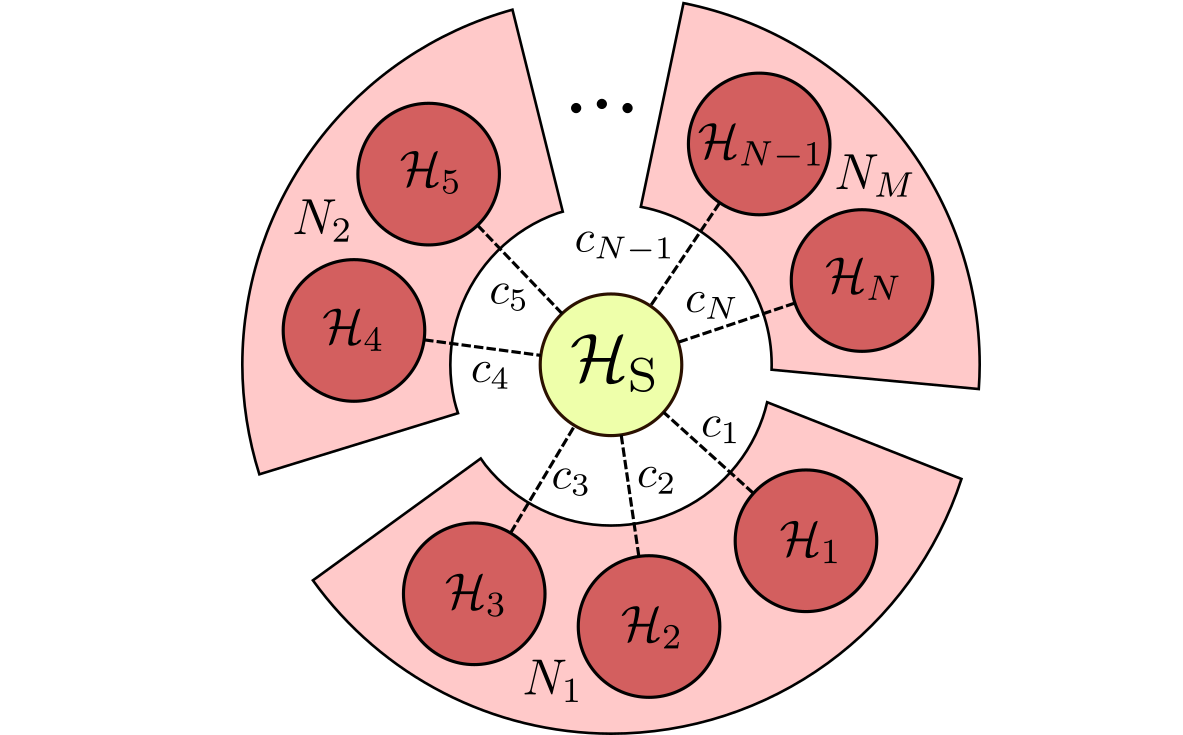Quantum Thermodynamics
-

Measurement and Equilibration
The textbook quantum ‘measurement’ is instantaneous, irreversible, non-unitary, and breaks the laws of thermodynamics! But what if measurement was actually a unitary interaction between two quantum systems? What if it only appeared irreversible because it produced entropy? To truly understand quantum measurements, we believe you need to study them thermodynamically.
-

Quantum Clocks
Clocks dominate our daily lives unlike any other technology — from ordinary things like catching the train in the morning to locating ourselves using the GPS — they are involved everywhere and have been omnipresent since the dawn of human civilization. We explore limitations imposed by thermodynamics on quantum realisations of clocks, to find the ultimate limits to timekeeping.
-

Quantum Cooling
The spirit of thermodynamics invokes assumptions of minimal information and control at the very outset, thereby mitigating such costs and making it a natural suitor to develop practical information-processing protocols. How close can one get to saturating the ultimate limitations, such as the Laws of Thermodynamics and Landauer’s bound?
Quantum Information
-

Quantum Metrology
Quantum metrology is the research field of precision measurements on or employing quantum systems, in which a variety of statistical methods are combined with the rules and tools of quantum theory to determine optimal strategies for directly and indirectly estimating physical quantities.
-

Quantum Optics Theory
The modern capacity to engineer, control, and measure correlated quantum states using quantum fields and optical elements is the basis for our interest to explore how to implement quantum information, communication, and computation protocols and investigate fundamental aspects of quantum mechanics in the quantum-optical setting.
-

Entanglement Theory
One of the main research interests in the group is the study of entanglement, a form of correlation between quantum systems that is in some sense stronger than correlations between classical systems can be.
-

Quantum Computing
The structure of quantum mechanics allows for computations to be carried out in ways that are fundamentally different from classical computation, with certain algorithms (like Grover’s algorithm for searching unstructured databases, or Shor’s algorithm for factoring) holding the potential for outperforming the best classical algorithms for the respective tasks.
-

Quantum Key Distribution
Quantum Key Distribution (QKD) is a technique for securely establishing symmetric cryptographic keys between two distant authenticated users. This key can then be used as a one-time pad to encrypt messages or any other cryptographic task.